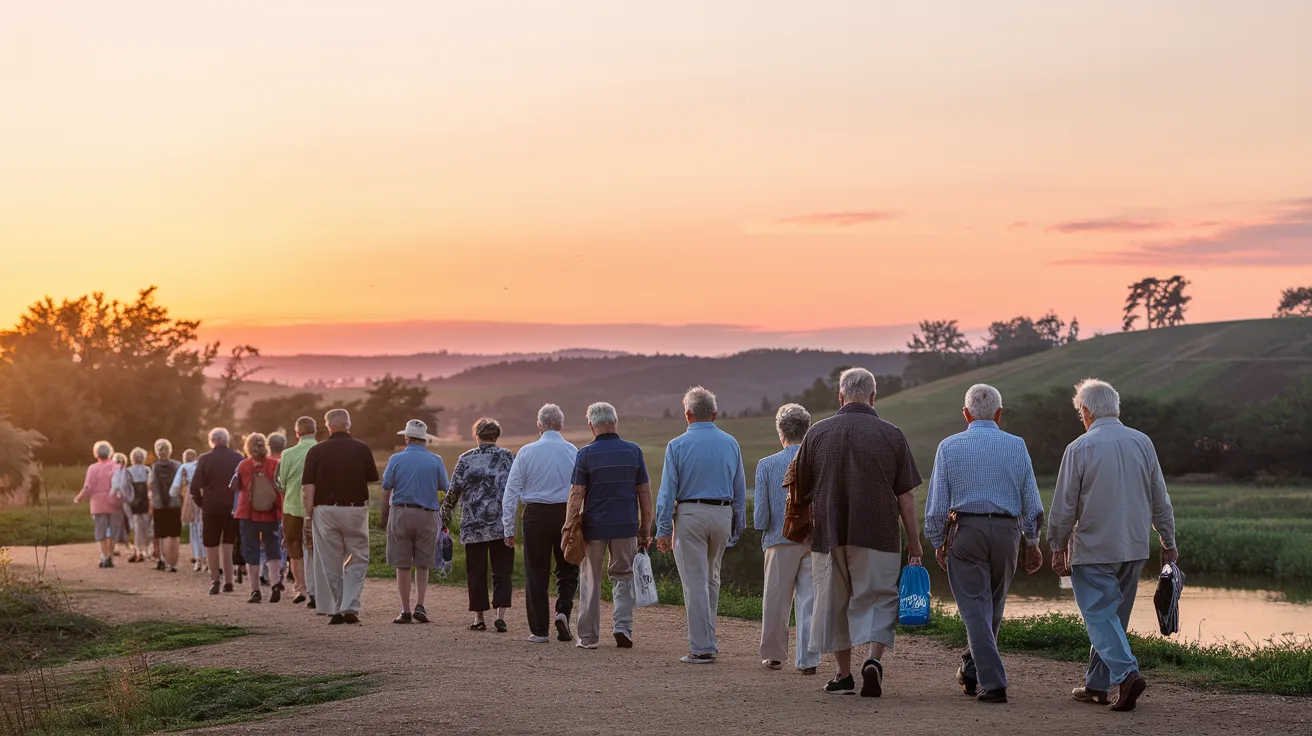Seven Habits of Highly Effective Communities
You cannot change your future, but you can change your habits, and surely your habits will change your future.
The following is a thought leadership piece by Andy Portera.
You cannot change your future, but you can change your habits, and surely your habits will change your future. -Abdul Kalam, aerospace scientist, and India's 11th President
Some rural communities are destined for success due to geography or natural resources - think Colorado ski towns or resort towns on the Gulf Coast. Other small towns benefit from being within a stone's throw of a large urban area, which creates a spillover of people, jobs, and quality-of-life amenities. Other towns are blessed with a four-year college or university that powers the town's economy. But hundreds of small towns throughout this country don't have any of these inherent advantages.
A recent study by McKinsey and Walmart did a deep dive into rural communities and identified five types:
- Americana - the most significant community type - 879 counties and 40 million Americans. Most of these towns are close to urban areas.
- Distressed Americana - 973 counties and 18 million people. Many of these communities are in the Southeast U.S. They typically have high poverty, low workforce participation, and inadequate education. Historically, these communities were farming hubs and manufacturing centers.
- Rural Service Hubs - close to highways/rail - home to manufacturing and service industries, and often specialize in retail and healthcare.
- Great Escapes - The smallest subset but the most well-off communities. These are wealthy tourist enclaves - ski towns, beach towns. Tourism is the focus, which means many lower-paying service jobs. But their GDP and income put them ahead of their rural peers.
- Resource-Rich - 177 counties and 1 million people. Natural resources are abundant here - oil, gas, mining, and agriculture. They have higher educational attainment, GDP, and income than other rural regions.
Of these rural communities, Distressed Americana is the only community type that isn't growing. Many of these Distressed Americana towns are in peril and must change their trajectory. To succeed, these communities need to develop essential habits found in other thriving communities. Here are seven (7) habits of highly effective communities:

